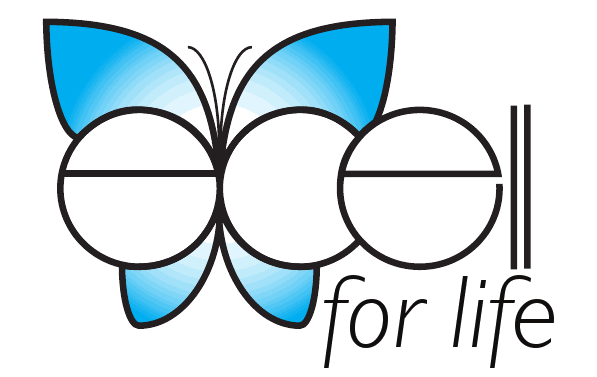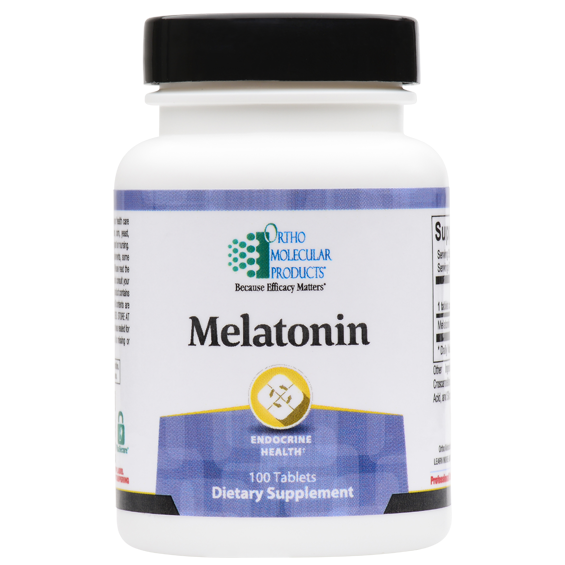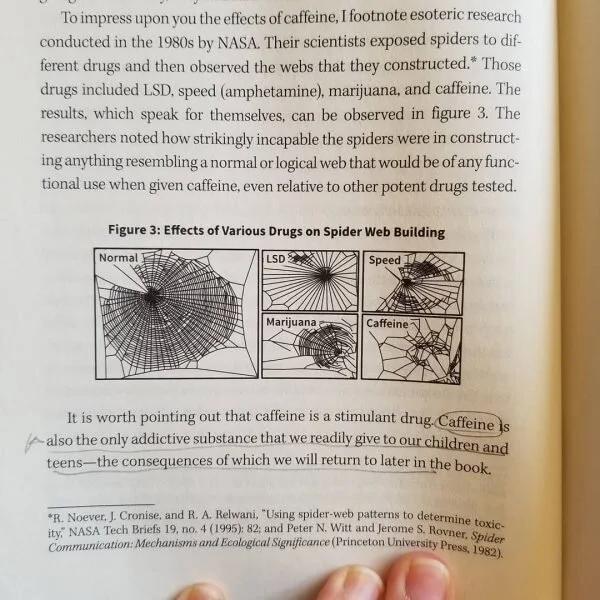Gaining Control of Your Sleep Rhythm
Two main factors determine when you want to sleep and when you want to be awake. As you read these words, both factors are powerfully influencing your mind and body.
1. Circadian Rhythm
The FIRST factor is a signal beamed out from your internal 24 hour clock located deep within your brain (the suprachiasmatic nucleus), called the circadian rhythm. This internal clock creates a cycling, day and night rhythm that makes you feel tired or alert at regular times of night and day. It controls other rhythmic patterns too. These include your timed preferences for eating and drinking, your moods and emotions, the amount of urine you produce, your core body temperature, your metabolic rate, and the release of numerous hormones. It is no coincidence that the likelihood of breaking an Olympic record has been clearly timed to the time of day, being maximal at the natural peak of human circadian rhythm in the early afternoon! Indeed, every living creature on earth (even plants!) with a lifespan of more than several days generates this natural cycle.
Are you a night owl (30% prefer going to bed late & waking up late AM), or morning lark (40% with peak wakefulness early in the day) or in between (30% with tendency toward evening)? Each human has an unyielding 24 hour clock, but the peak and trough points can be strikingly different and determined largely by genetics. Sadly, night owls are treated unfairly and often labeled as lazy or punished by early start times, leading to greater bad health caused by lack of sleep. Why did Mother Nature program this variability? So each group or tribe as a whole is less vulnerable.
Melatonin is the circulating messenger your brain’s suprachiasmatic nucleus makes each evening to communicate night and day to your brain and body. The rise in melatonin begins soon after dusk shouting out a clear message throughout your brain & body that, “It’s dark!”, a biological command for timing of sleep (in nocturnal animals like bats this occurs in the morning). In this way, melatonin regulates the TIMING of when sleep occurs but has little effect on the generation of sleep. Once sleep is underway, melatonin slowly decreases across the night.
This is why many melatonin products that help you get to sleep are to be taken sublingually and just before bed time to give you a slow release of melatonin all night long. Not all of them are a good quality like this one we offer from Ortho Molecular. Our patients and providers love Ortho Molecular products because of their efficacy. They research and develop vitamins and supplements that are most bio-available.
Jet lag is a biological calamity caused by the inability of our 24 hour clock to keep up with time zone changes caused by jet travel, and it is harder to acclimate when traveling eastward. Every day you are in a different time zone, your brain can only adjust by one hour each day. You can treat jet lag by taking melatonin around 7 to 8 PM of the city time you are visiting. This triggers an artificial rise in circulating melatonin that mimics the natural melatonin spike that mimics the natural melatonin spike occurring in most of the people in that city. As a consequence your brain is fooled into believing its nighttime, to help signal the timing of the sleep race.
Read this warning to those who frequently fly long routes, like airplane cabin crews. Studies show that parts of your brain physically shrink (a destruction of brain cells in learning and memory regions), your short term memory is significantly impaired, and you suffer far higher rates of disease (like cancer and diabetes) if you do not take care to keep your circadian rhythm decently steady!
2. Sleep Pressure
The SECOND factor determining wake and sleep is Sleep Pressure. At this very moment, a chemical called adenosine is building up in your brain. It will continue to increase in concentration with every waking moment that elapses. The longer you are awake, the more adenosine will accumulate which gives you the desire to sleep called Sleep Pressure. When adenosine concentrations peak, you have an irresistible urge to sleep. This happens to most people after 12 to 16 hours of being awake. You can however artificially mute the sleep signal of adenosine by using a chemical that makes you feel more alert and awake: caffeine.
Caffeine is the most widely used and abused psychoactive stimulant in the world. It is the second most traded commodity on the planet after oil.
Caffeine is the only addictive substance we readily give our children, teens, and ourselves – leading to terrible effects on our sleep, and therefore our healthy & longevity. Caffeine blocks the sleep pressure of adenosine, has a half-life of 6 hours (longer as we age), and results in rebound fatigue once it wears off. So a cup of coffee at dinner is still hurting our sleep quality in the middle of the night (decaf coffee has 15-30% of the caffeine in regular coffee!).
To impress upon us the terrible effects of caffeine, Dr. Walker includes a picture from a NASA study exposing spiders to different drugs then noting their web construction. The researchers notes how strikingly incapable the spiders were in constructing anything resembling a normal or logical web that would have any functional use when given caffeine. The webs on caffeine were much worse than webs made after exposure to LSD, speed, or marijuana!
Sleep is a vital part of living well. For more information read:
“Why We Sleep” by Matthew Walker, PhD


